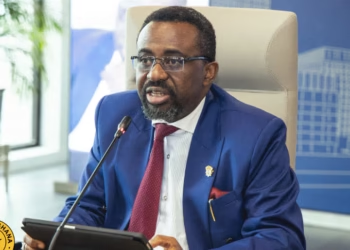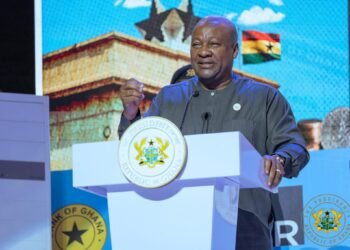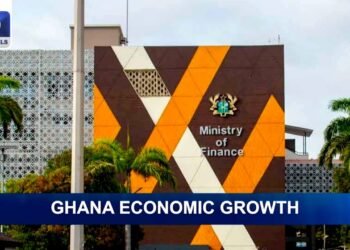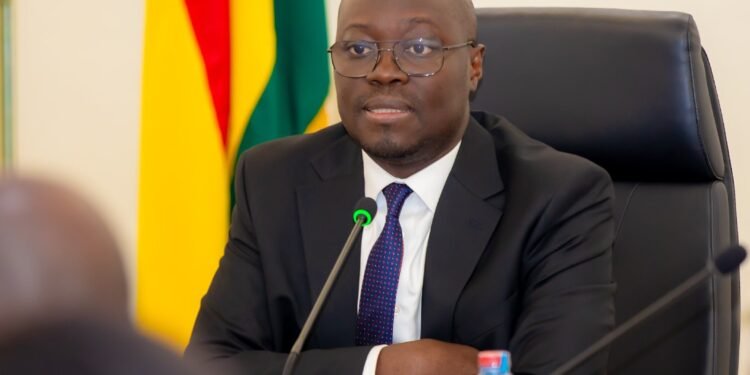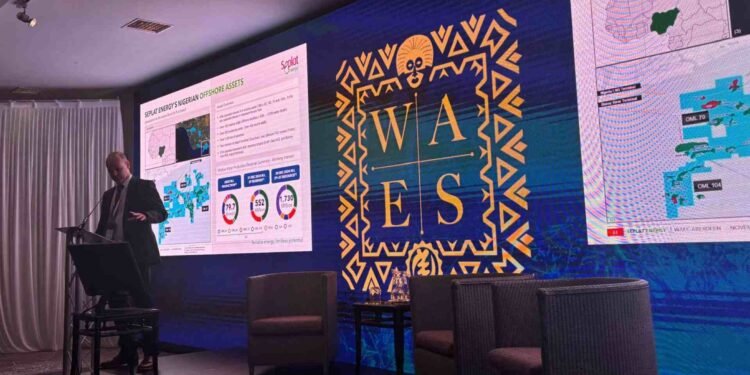Professor Godfred Bokpin, an Economist and a Lecturer, has called for a complementary role between the authorities on the fiscal side and those on the monetary side.
In a panel discussion on day 1 of the “CEDI @ 60 International Currency Conference,” Prof. Bokpin declared that the one-sided policy dominance should end if Ghana wants to sustain the current progress and growth of the economy.
He emphasized that proper coordination between the fiscal side and the monetary policy side is essential. Ghana’s economic management has been characterized by the dominance of the fiscal policy side over the monetary policy side.
RelatedPosts
“The fiscal side is very dominant and often resides in the hands of politicians, where they think winning power wins them knowledge and wisdom, and can therefore do anything and expect that the monetary side will also cooperate with them, and that is the challenge.”
Prof. Godfred Bokpin
He also mentioned that this is not just a Ghana problem, but a lot of African countries have similar challenges. In the developed countries, “there are very qualified, competent people who drive their central banks, and they know what they are doing.”
The Complementary Roles of Fiscal and Monetary Policy and Authorities
The Lecturer at the University of Ghana Business School (UGBS) noted that the real “ability of the central bank to function effectively in bringing down inflation and engineering growth, requires a look at the other side.”

The Central Bank and the government, represented by the Ministry of Finance, need to keep an eye on each other’s initiatives to ensure they align, complement, and reach similar goals.
He illustrated this with a simple scenario: “It’s almost like chasing a rabbit in the forest where there is a lion – so while you chase the rabbit, you have to keep an eye on the lion.” He added that the lack of eyeballing is what constrains Ghana in its economic operations.
He further explained that this complementary role is missing in Ghana. The reality in Ghana, he pointed out, is the subordination or master-servant relationship, reflecting in Ghana’s ineffectiveness in engineering growth and essentially creating job-rich growth.

IMF Intervention to Manage the Fiscal and Monetary Policy Relationship
According to Prof. Bokpin, across all 17 IMF-supported programs, one policy intervention by the IMF that cuts across is to manage the relationship between the fiscal side and the monetary side. In clarifying, he mentioned that the 16th IMF-support program for Ghana, from 2012 to 2015, also had one of its objectives to be to eliminate the fiscal dominance of monetary policy.
“So, we did that over 3 years, we [Ghana] had just 2 and a half years to mess that up, then we [Ghana] went into the recent program, we [Ghana] call it the 17th IMF-supported program. That was incidentally approved on May 17 for Ghana by the IMF.
“And one key objective of the program as well is eliminating the fiscal dominance of monetary policy. Do away with budget financing from the central bank or resort to zero financing.”
Prof. Godfred Bokpin
Ghana’s Measures to Establish the Complementary Roles
The Professor of Economics mentioned that in an attempt to comply with the IMF program measures, the country has also taken certain steps to meet those benchmarks.
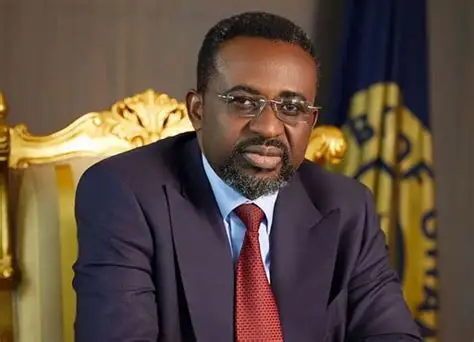
“We [Ghana] have reviewed our [Ghana’s] fiscal framework, we have amended the fiscal Public Financial Management Act, we have an undertaking with the IMF to keep to the zero financing of the budget by the Bank of Ghana, even though within the Bank of Ghana Act we [the Bank] could finance [the government’s budget] up to 5% of previous years fiscal revenue.”
Prof. Godfred Bokpin
The Public Financial Management Act, 2016 (Act 921) was Ghana’s foundational legal framework for managing public funds. It was amended this year by Parliament to become the Public Financial Management (Amendment) Act, 2025 (Act 1136). The aim is to strengthen fiscal discipline and accountability, while the Act sets up a body to enforce it.
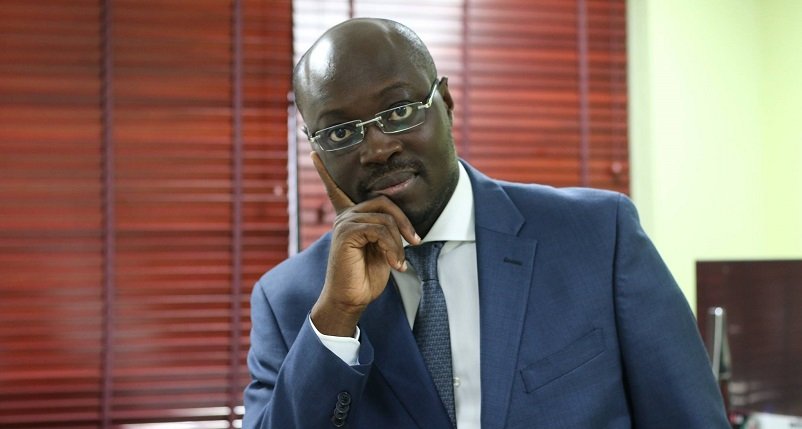
He made an analysis that “given the structural challenges we [Ghana] have and the huge fiscal deficit, a 5% deficit financing if it goes to the productive sectors of the economy shouldn’t create a problem.” He added that “the problem is the abuse, especially when the fiscal side turns in a certain direction contrary to how we want it to be.”
In his conclusion, he said that “60 years as our [Ghana] currency is, we [Ghana] have enough data to be able to learn from this and do better going forward. I am hoping that the fiscal side will be more responsible. This way it gives comfort for the monetary side to also deploy monetary policy effectively and then engineer growth.”
READ ALSO: Cedi Now Respected – Mahama Hails Ato Forson, Asiama over Currency Stability




